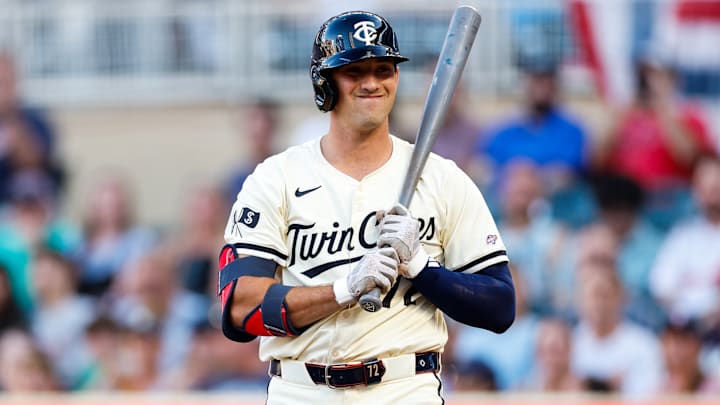Injuries to key players
Injuries are an unfortunate reality in professional sports, and the Twins faced their fair share this season. Key players, including stars Carlos Correra, Byron Buxton, Royce Lewis and pitchers, Chris Paddack, Joe Ryan amongst others, spent significant time on the injured list, which disrupted team chemistry and performance.
The absence of these players not only weakened the lineup but also put added pressure on others to step up—something that, unfortunately, did not happen consistently.
The loss of superstar talents in pivotal moments can derail even the most promising campaigns. For the Twins, injuries meant that they often fielded a less competitive lineup, which resulted in struggles against both divisional and non-divisional opponents. When healthy, these players are game-changers, but their absence proved detrimental.
Poor performance and tough slumps
Even when the Twins managed to put a full roster on the field, inconsistent performance plagued them throughout the season.
Key hitters failed to produce at expected levels, leading to a lack of run support for a pitching staff already under pressure. Slumps from players who were counted on to deliver crucial hits meant that the team often found itself on the wrong side of one-run games.
In addition, defensive lapses and mental mistakes compounded the Twins’ woes, leading to lost opportunities and momentum shifts. The inability to execute fundamental baseball at critical moments highlighted the need for a more disciplined approach, one that could have turned tight contests in their favor.
Missing the playoff this year wasn't about one single thing going wrong, it was a multifaceted issue, driven by a lack of financial commitment, pitching inconsistencies, injuries to key players, and poor on-field performance.
As the team looks to the future, addressing these concerns will be essential, as will avoiding the same mistakes. With the right investments and strategic adjustments, the Twins can aim to reclaim their place among the postseason contenders in the coming years. For now, however, fans are left to ponder what might have been.
More Minnesota Twins news and rumors
